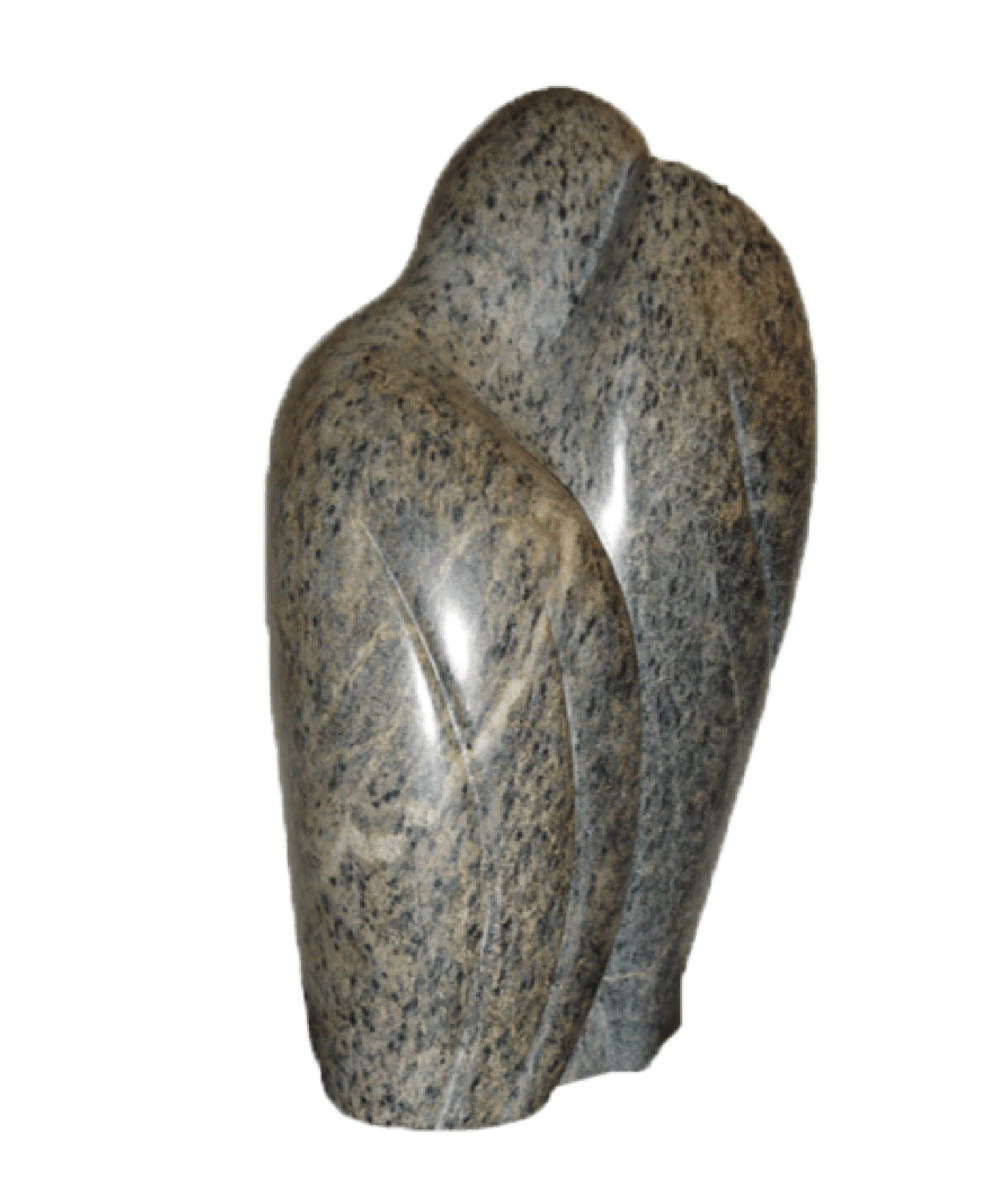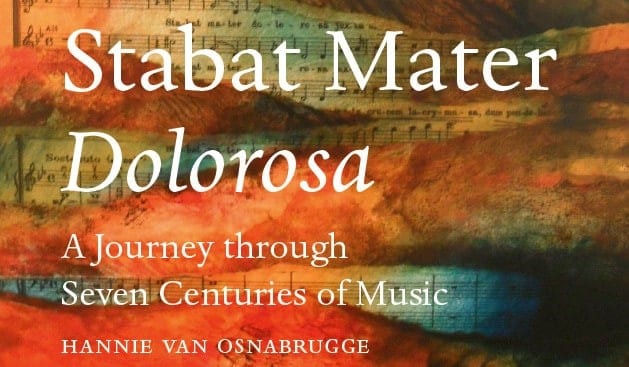João de Deus de Castro Lobo
About the composer
João de Deus de Castro Lobo (1794-1832) was born in Vila Rica, Brazil, as the son of a professional musician. He received his musical degree at the Conservatory in Mariana, where he became organist at the Franciscan Church and chapel master at the Cathedral.
He also worked as organist and conductor in Vila Rica. From his compositions 23 works are known.
About the Stabat Mater
| Date: | ca 1851 |
| Performers: | Soprano, Alto, Tenor and Bass, mixed choir and orchestra |
| Length: | 9.43 minutes |
| Particulars: | The work is divided into two parts, an Andante moderato and a Moderato. The singing is a mixture of homophony and polyphony. In the orchestra some baroque influences can be heard. |
| Textual variations: | The composer probably used the "Analecta"-version of the text, though this is not certain as he only used 7 stanzas of the poem. In the first part we hear stanzas 1 to 4, 9 and 10, concluded by the final word "Amen", while in the second part the 5th stanza is used twice. However, this stanza is preceded as well as followed by the text of the first verse, first line, of the Gradual from the Mass of the Seven Sorrows of the Virgin |
| Colour bar: |
|
Information about the recording
| CD: | Paulus 11562-2: Música do Brasil Colonial, Compositores Mineiros |
| More info: | This disc is a representation of the work of Brazilian composers living in the “Minas Gerais” region about 1800. |
| Orchestra: | Brasilessentia Orquestra |
| Choir: | Brasilessentia Grupo Vocal |
| Conductor: | Vitor Gabriel |
| Soloists: | Edna d'Oliveira, soprano |
| Other works: | José Joaquim Emerico Lobo de Mesquita: Ladainha em Fá + Christus factus est + Respensório de Santo Antônio |
| Code: | Unknown (CAS 01) |





